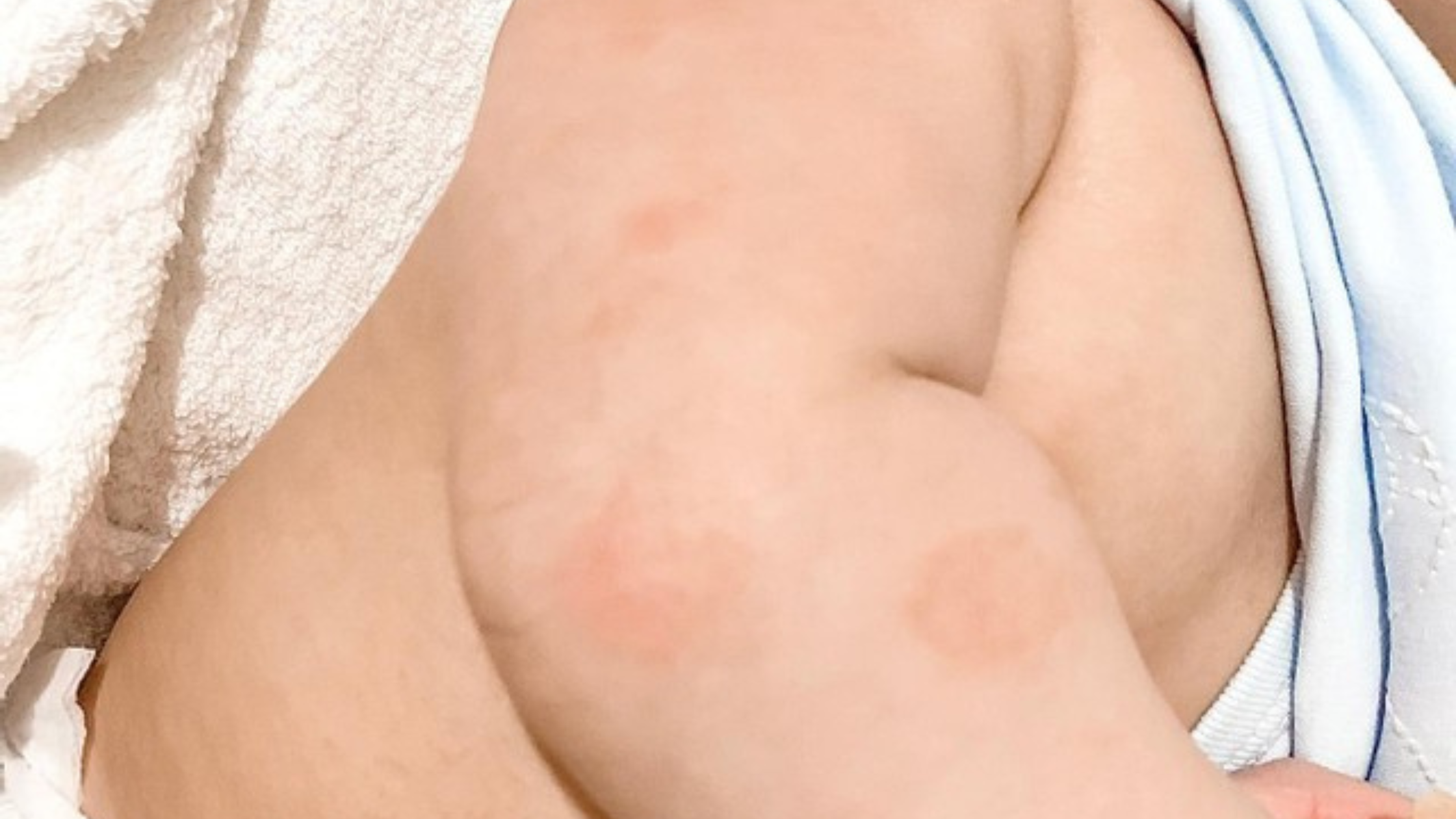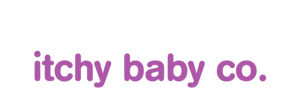Uncover the Surprising Connection: Iron Deficiency and Its Impact on Eczema

Discover the Shocking Link Between Eczema and Iron Deficiency: What Every Parent Needs to Know
As parents, we know all too well the constant battle of managing our children's eczema and itchy, dry skin. We're constantly searching for new solutions and ways to soothe their skin. That's why we're excited to share a recent discovery in eczema research - the link between eczema and iron deficiency.
Yes, you read that right! Iron is an essential element in our blood, carrying oxygen throughout our body, and a lack of it can lead to various symptoms. Unfortunately, children with eczema are more susceptible to iron deficiency than those without.
That's why, at Itchy Baby Co, we believe it's our duty to arm you with the latest information and recommendations to help you manage your child's skin health. In this blog post, we'll explore the link between eczema and iron deficiency, the sources of iron, and what you can do to ensure your child is getting enough of this vital element.
We also know how frustrating it can be to deal with eczema flare-ups, so we're happy to share that our bath soaks and eczema moisturiser can help soothe the itchy, dry, and irritated skin that comes with these episodes.
So, if you're a parent looking to better understand the relationship between eczema and iron deficiency, read on! This information could be the missing piece to a healthier, happier life for your little one. From our family to yours, the Itchy Baby Co. team is here to support you every step of the way.
How do we get iron into our bodies?
As adults and babies, there are several ways to get iron into the body:
-
Diet: One of the best sources of iron is red meat, followed by poultry, fish, and iron-fortified cereals and bread. Other good sources of iron include eggs, beans, lentils, tofu, and dark leafy greens such as spinach.
-
Supplements: Iron supplements are available in various forms, including pills, liquids, and injections. They can be taken orally or given intravenously, depending on the severity of the iron deficiency.
-
Fortified foods: Some food products, such as certain types of bread, cereal, and infant formula, are fortified with iron.
It is important to note that iron from animal sources (heme iron) is absorbed better by the body than iron from plant sources (non-heme iron). Additionally, iron absorption can be improved by consuming iron-rich foods and foods high in vitamin C, such as citrus fruits.
It is also essential for pregnant women to have adequate iron intake, as iron is critical for fetal growth and development. In infants, iron is important for brain development, and it is recommended that they receive iron from iron-rich foods and iron-fortified formula. It is always best to consult with a doctor or a pediatrician for individualised recommendations on iron intake for babies and pregnant women.
Symptoms of iron deficiency in babies
Iron deficiency in babies can cause a variety of symptoms, some of which include:
-
Fatigue and Irritability: Babies with iron deficiency may seem more tired and fussy than usual.
-
Pale skin: Lack of iron can cause paleness in the skin, gums, and eyelids.
-
Slow growth: Iron deficiency can cause slow growth and developmental delays.
-
Poor appetite: Some babies with iron deficiency may not have much appetite and may not be gaining weight as expected.
-
Cold hands and feet: Babies with iron deficiency may have cold hands and feet due to a lack of oxygen in the blood.
-
Respiratory problems: Iron deficiency can weaken the immune system, making babies more susceptible to respiratory infections.
-
Developmental delays: Iron is essential for brain development, so babies with iron deficiency may experience developmental delays, including speech and motor skill delays.
It's important to note that not all babies with iron deficiency will have symptoms. If you suspect your baby may have iron deficiency, it's best to speak to your doctor for a proper diagnosis and treatment plan.
The link between eczema and iron deficiency
According to research, children with eczema may have a higher risk of developing iron deficiency compared to those without eczema. The exact relationship between the two conditions is not fully understood, but there are several theories:
-
Inflammation: Eczema causes skin inflammation, which can interfere with iron absorption from the gut.
-
Blood loss: Eczema can cause skin cracks, which can lead to blood loss, which in turn can contribute to iron deficiency.
-
Immune system: Eczema is an autoimmune disorder, and a weakened immune system can make it easier for iron deficiency to develop.
-
Nutrient deficiencies: People with eczema may have a diet lacking iron and other essential nutrients, which can contribute to iron deficiency.
It is important to note that iron deficiency is not the cause of eczema, but it can worsen its symptoms by further weakening the immune system. Treating iron deficiency can help improve overall health and reduce eczema symptoms.
Treatment of iron deficiency
Treatment for iron deficiency in babies typically involves increasing iron intake through diet and supplements. Some common treatment options include:
-
Iron-fortified formula: For babies not being breastfed, switching to an iron-fortified formula can help increase their iron intake.
-
Iron-rich foods: When babies start solid foods, they can be introduced to iron-rich foods, such as pureed meat, iron-fortified cereals, and dark leafy greens.
-
Iron supplements: If a baby's iron levels are very low, a doctor may recommend iron supplements. Iron supplements come in various forms, including drops and syrups, and are usually taken orally.
It's important to follow your doctor's recommendations and to avoid giving iron supplements without a doctor's advice, as too much iron can be toxic for babies. Additionally, iron supplements can interfere with the absorption of other important nutrients, so it's important to use them only as directed.
This blog post was brought to you and your family with love from the Itchy Baby Co. team x.
Disclaimer: Information provided is of a general nature only, and you should always consult your medical professional.

